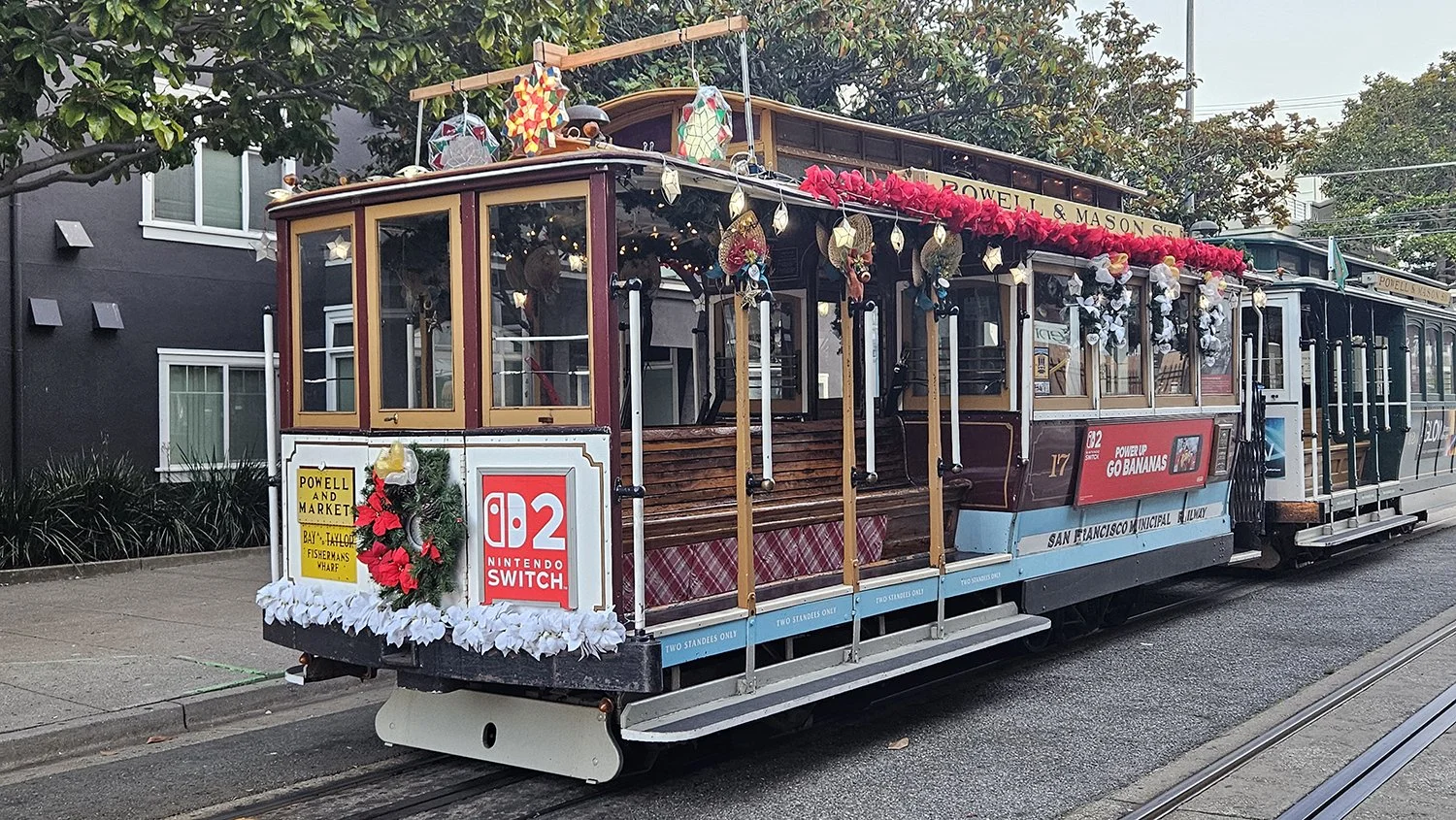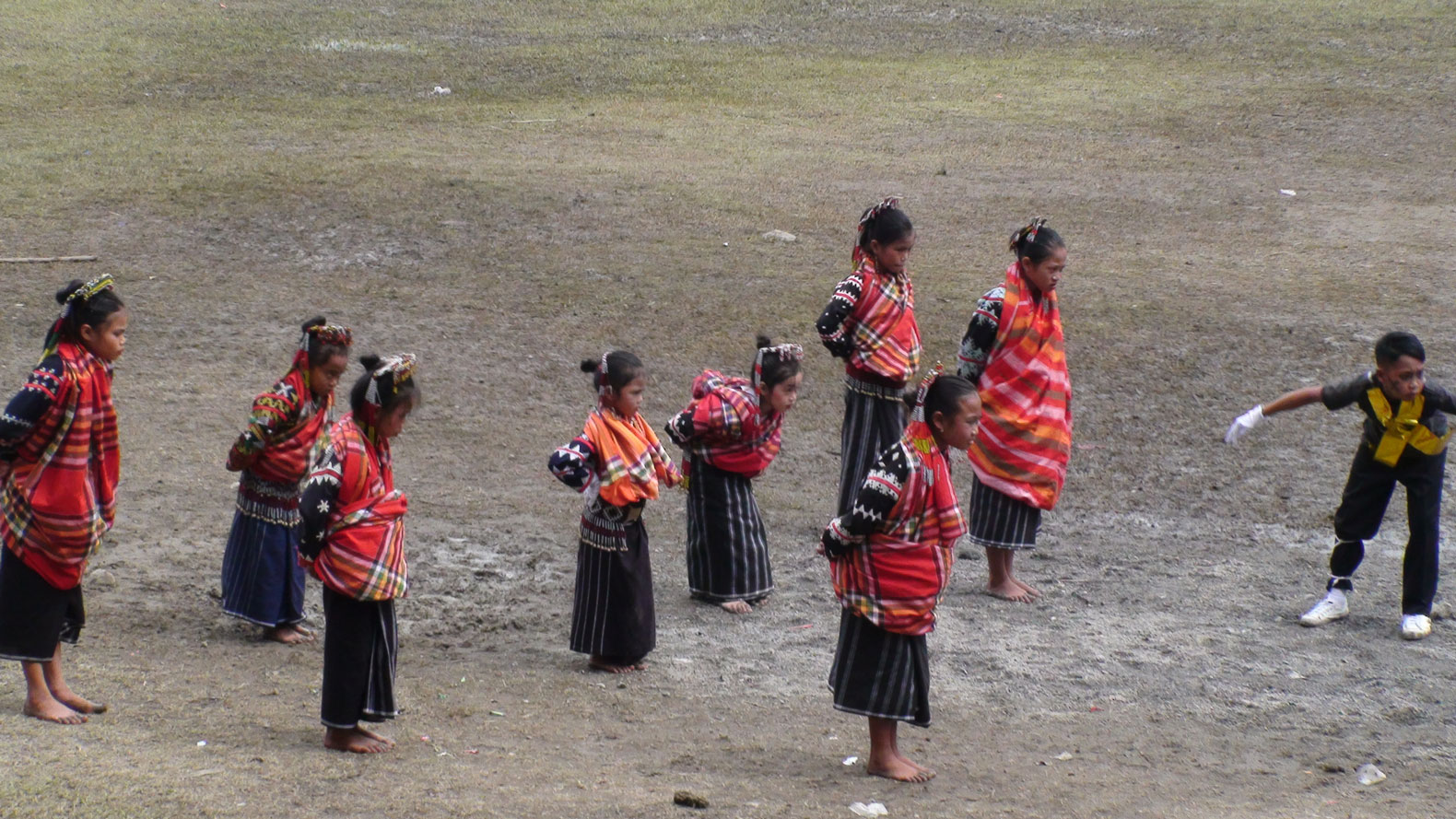Possessed and Repossessed in T’Boli Country
/Ready for Helobung parade (Photo by Rochit Tañedo)
Situated about 70 kilometers from the port city of General Santos, Lake Sebu municipality spans 89 kilometers and can be found in the upper Allah Valley near the municipality of Surallah. It has rolling hills, mountain forests and three lakes devoted to aquaculture, the largest of which is the beautiful Lake Sebu, which covers 354 hectares.
In the town center, people of all ages are garbed in the most exquisite costumes, and are converging at the grandstand. Syncopated sounds of gongs called agung and hegalung intersperse with the loud thud of huge drums to announce the entry of large contingents from barangays.
Parents cheer as their children compete in interpreting T’boli legend and lore through music and choreography. The crowd breaks out into wild applause for the horse fight, which they claim is becoming rare.
A popular Helobung attraction is the reenactment of ancient T’boli customs and traditions that formed their way of life before the lowlanders arrived with their timber concessions and pushed the T’bolis farther up the hills looking for sustenance.
Both young and old T’bolis take great pride in these rituals. The elders, in particular, take pains to explain details of their way of life to the casual observer. Sadly, they say, many changes have taken place in the last three decades because of the arrival of lowlanders and Christians from the northern and southern parts of Mindanao.
As the Helóbung festivities unfold, Rene Caying, 24, a young furniture maker, struggles to transport a 58-inch wide wooden bed, which he has tied onto the backseat of his motorbike. Every hundred meters or so, he stops when the oversized bed slides out and falls.
Wooden bed to be delivered via motorbike (Photo by Rochit Tañedo)
It is an arduous journey to the town proper, requiring several stops. But deliver this bed before sunset, Rene must. Bed-making is the compromise that he agreed to when he married a young girl from Lake Sebu.
Lovers and textmates
Rene, a lanky T’boli farmhand from Barangay Otso in the municipality of Banga, was 19 when he fell in love with Emily Enson who lived in Barangay Hanoo in Lake Sebu municipality, about six kilometers away.
“We were text mates for about a year,” he says of the courtship.
When Emily was almost 18, they decided to live together in Barangay Hanoo where the Ensons lived. In no time their parents agreed upon a kesiyahan (marriage). The young couple got married in Tboli rites in 2012.
“In Hanoo there wasn’t much opportunity for a living. I decided we should go back to Barangay Otso not too far from my father’s place,” Rene says.
It was not before long that he learned that his wife was pregnant.
“Emily was on the plump side and never told me that she might be expecting a child so soon. I was caught unaware or maybe I was really not expecting it yet,” says Rene, recalling his shock.
By the time she announced it, Emily had already gone to the barangay health center for a pregnancy test by herself. The midwife said she was already two months pregnant.
After that, the months passed by rather uneventfully, and Emily seemed to adjust well to her pregnancy. She cooked and cleaned the house, and waited for her husband to come home.
She found a friend in Archie Alberto, also 19, the wife of Rene’s first cousin, who was also expecting her first child. They went to the health center for check-ups.
T'boli women in exquisite costumes (Photo by Rochit Tañedo)
T'boli boys in T’nalak (Photo by Rochit Tañedo)
Possessed
At dawn of April 13, in the summer of 2012, as the couple lay in bed, Emily began to complain of a terrible headache.
As she was nearing her due date of delivery, Rene asked if anything other than the headache was ailing her. He half-expected the onset of labor, but Emily just wailed in pain and held her head.
They went back to sleep shortly. By 2:00 a.m., Emily was frothing in the mouth.
“I didn’t know what to do and so, I woke up my father. He took a look at Emily but he did not seem particularly alarmed by the frothing. All he said was that it could be a sign of somebody having her firstborn.”
Rene let it pass. After five minutes Emily settled down. But by 4:00 a.m. she was frothing again. In another hour, it stopped.
Apparently the old man Caying had told the neighbors. The elders, mostly relatives and neighbors in Barangay Otso, came trickling into the house and hovered over Emily.
“A bad spirit has entered her body. Go fetch the surano” (traditional healer),” an elder ordered.
Rene rushed to the barangay hall for help in finding a healer but suddenly turned back to ask his sister Marialyn to take charge of Emily. He was surprised to find his house teeming with relatives and neighbors unanimous in concluding how Emily had been possessed by an evil spirit that also preys on infants.
“I was convinced a taglugar or taong di nakikita (invisible spirit) had entered her body,” says Rene.
He chanced upon his elder sister, Marialyn, on her way out, bringing a loose dress that Emily often wore. She said, “I have to bring this to the surano who has to find out what’s ailing Emily.”
The Surano touched the dress in various parts, seeming to divine some energy from it. Then he declared that indeed, a bad spirit had entered Emily’s body. He produced a bottle of oil which he instructed to be rubbed on various parts of her body. He charged P500.
When she reached the house and saw an unresponsive Emily, Marialyn decided to call Emily’s mother, Orkinda Enson, 44, who lived an hour away in Barangay Hanoo in Lake Sebu.
Orkinda’s lament
Orkinda and husband (Photo by Rochit Tañedo)
At 9:00 a.m. when Orkinda arrived, the Caying house was teeming with people.
“Give me the medicinal oil,” Orkinda told Marialyn.
She wiped it all over Emily’s body and said, “I tried talking to her, massaging her, wiping her, but she was not responding. She was quite stiff, like wood.”
Around 11:00 a.m. Orkinda decided to go to the hospital. “Go fetch a vehicle,” she told Rene.
The barangay multicab van was in the premises, but the driver was still in Koronadal City, an hour’s drive away, on an errand. It was already 3:00 p.m. when the driver arrived.
Rene and Emily reached the provincial hospital in Koronadal City at5:00 p.m. with Orkinda, Marialyn, Emily’s younger sister, Aisah, and Rene’s aunt.
At first, the doctor said only the husband could accompany the patient. Later on, Marialyn, Aisah and the aunt were allowed inside.
Orkinda waited patiently outside. After a long while she saw Marialyn exit from the room and she asked after her daughter. Marialyn, stone-faced, said matter-of factly that the doctor was attending to Emily.
Orkinda found no comfort in the terseness of her tone and asked her younger daughter, Aisah, “What do you think? Will she make it?”
Aisah was non-committal as well. “It’s up to the doctors,” she simply said.
By the third time that Orkinda inquired about Emily’s condition, Rene’s aunt just stared at her, grim-faced and tight-lipped. She confirmed Orkinda’s worst fear.
At 9:00 a.m. of April 14, 2012, Rene and his mother-in-law left the hospital with Emily’s body. For two nights Orkinda watched over her at the funeral parlor in Lake Sebu town. On the third day the Ensons arranged for a longer wake at home.
A letter for Rene
The Health Center midwife had apparently given instructions on Emily’s delivery. She was seen by Archie Alberto’s husband handing over a letter for Rene Caying.
She wrote that he must prepare for certain logistics as Emily had to have a Caesarian Section and be brought at a certain date to the provincial tertiary facility. But her letter never reached Rene. It appears that the transmission was inadvertently sabotaged.
According to Archie Alberto, Emily disregarded the warning because her older sister had told Emily that the same midwife had given a similar warning to a woman she knew who pulled through with a home birth.
“Emily must have also thought that a home birth would mean holding on to a bit more of the little we had saved,” says Rene.
“There were many things I didn’t know about,” he now protests in tears. “Her heart condition, she never told me about. She didn’t want to be a burden to me.”
Schoolchildren dance in Lake Sebu quadrangle (Photo by Rochit Tañedo)
Marrying to remember the deceased
A few decades ago, polygamy was still practised and was very much associated with the patriarchal society of the T’boli. But with the coming of outsiders, Lake Sebu residents say that today’s couplings are mostly monogamous. However, certain traditional practices such as endogamy (marrying within the clan) are still encouraged among rural folk.
Since the Ensons had an unmarried daughter, Aisha, 18, born after Emily, it was time to formally ask Aisha if she was willing to be the next bride to Rene. Orkinda explained that she did not want Rene to be entirely gone from the family. He would be the constant reminder that Emily was still around.
If Rene were to totally be removed from the family system, it would be a painful loss. If he agreed to marry Aisha, it would mean he still cared for Emily and wanted to be part of her family. He would then promise to live in Hanoo to be within sight of her family. It was like his pledge to keep Emily’s memory alive.
Within a few months, Rene agreed to marry Aisha in T’boli rites. They soon started a family and now have a son who is almost two.
“When my son is bigger, I will take him to the Helobung to watch the horse fight,” Rene says, “but that will be years from now.”
In the meantime, Aisha helps her folks in their upland farm, and Rene continues to make wooden beds in Barangay Hanoo.
Rochit I. Tañedo, freelance writer and foodie wannabe from Gerona, Tarlac hopes to get re-acquainted with her hometown and fears for its future now that plans are afoot to build an SM Mall on the highway.
More from Rochit Tañedo







